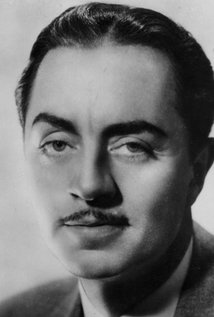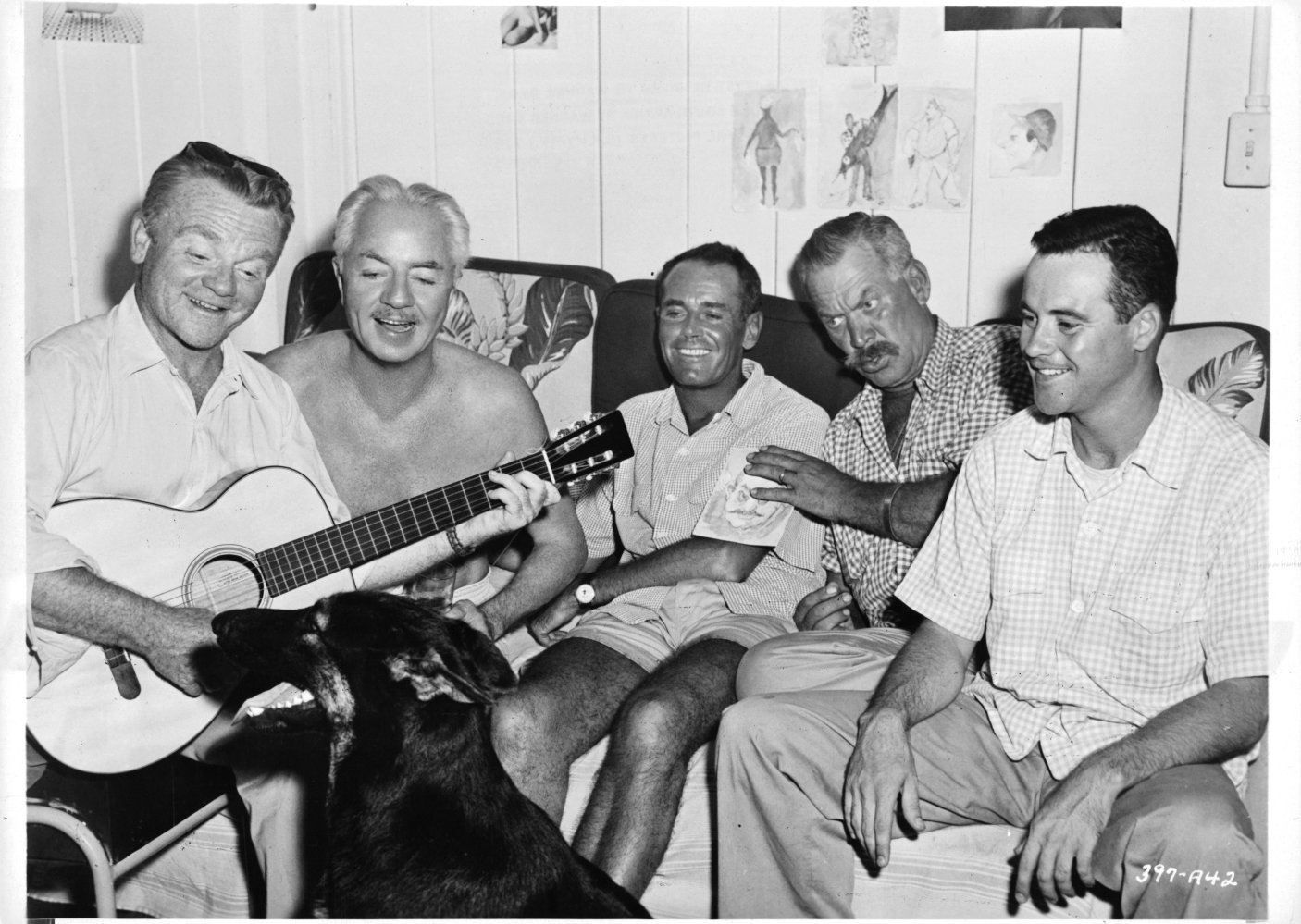
William Powell
Birthday:
29 July 1892, Pittsburgh, Pennsylvania, USA
Birth Name:
William Horatio Powell
Height:
179 cm
William Powell was on the New York stage by 1912, but it would be ten years before his film career would begin. In 1924 he went to Paramount Pictures, where he was employed for the next seven years. During that time, he played in a number of interesting films, but stardom was elusive. He did finally attract attention with The Last Command (1928) as...
Show more »
William Powell was on the New York stage by 1912, but it would be ten years before his film career would begin. In 1924 he went to Paramount Pictures, where he was employed for the next seven years. During that time, he played in a number of interesting films, but stardom was elusive. He did finally attract attention with The Last Command (1928) as Leo, the arrogant film director. Stardom finally came via his role as Philo Vance in The Canary Murder Case (1929), in which he investigates the death of Louise Brooks, "the Canary." Unlike many silent actors, sound boosted Powell's career. He had a fine, urbane voice and his stage training and comic timing greatly aided his introduction to sound pictures. However, he was not happy with the type of roles he was playing at Paramount, so in 1931 he switched to Warner Bros. There, he again became disappointed with his roles, and his last appearance for Warners was as Philo Vance in The Kennel Murder Case (1933). In 1934 Powell went to MGM, where he was teamed with Myrna Loy in Manhattan Melodrama (1934). While Philo made Powell a star, another detective, Nick Charles, made him famous. Powell received an Academy Award nomination for The Thin Man (1934) and later starred in the Best Picture winner for 1936, The Great Ziegfeld (1936). Powell could play any role with authority, whether in a comedy, thriller, or drama. He received his second Academy Award nomination for My Man Godfrey (1936) and was on top of the world until 1937, when he made his first picture with Jean Harlow, Reckless (1935). The two clicked, off-screen as well as on-screen, and shortly became engaged. One day, while Powell was filming Double Wedding (1937) on one MGM sound stage, Harlow became ill on another. She was finally taken to the hospital, where she died. Her death greatly upset both Powell and Myrna Loy, and he took six weeks off from making the movie to deal with his sorrow. After that he traveled, not making another MGM film for a year. He eventually did five sequels to "The Thin Man," the last one in 1947. He also received his third Academy Award nomination for his work in Life with Father (1947). His screen appearances became less frequent after that, and his last role was in 1955. He had come a long way from playing the villain in 1922. Show less «
[when asked how he kept so slim] "I highly recommend worrying. It's much more effective than dieting."
[when asked how he kept so slim] "I highly recommend worrying. It's much more effective than dieting."
[speaking in 1929] "Unfortunately, or perhaps it is fortunate that I have always been forced to stand on my acting ability. I haven't a pers...Show more »
[speaking in 1929] "Unfortunately, or perhaps it is fortunate that I have always been forced to stand on my acting ability. I haven't a personality such as Jack Gilbert's, for instance, that attracts women and makes them like me for myself. When I am on the screen I must make them forget me entirely and think only of my acting." Show less «
My friends have stood by me marvelously in the ups and downs of my career. I don't believe there is anything more worthwhile in life than fr...Show more »
My friends have stood by me marvelously in the ups and downs of my career. I don't believe there is anything more worthwhile in life than friendship. Friendship is a far better thing than love, as it is commonly accepted. Show less «
I do not hold that because the author did a bad job of writing the player need trump it with the same kind of acting. When I go into a pictu...Show more »
I do not hold that because the author did a bad job of writing the player need trump it with the same kind of acting. When I go into a picture I have only one character to look after. If the author didn't do him justice, I try to add whatever the creator of the part overlooked. Show less «
I have never gone into a picture without first studying my characterization from all angles. I make a study of the fellow's life and try to ...Show more »
I have never gone into a picture without first studying my characterization from all angles. I make a study of the fellow's life and try to learn everything about him, including the conditions under which he came into this world, his parentage, his environment, his social status, and the things in which he is interested. Then I attempt to get his mental attitude as much as possible. Show less «
There is more money in being liked by an audience than in being disliked by it. The biggest thing about movie audiences is the sympathy they...Show more »
There is more money in being liked by an audience than in being disliked by it. The biggest thing about movie audiences is the sympathy they give characters on the screen. But the art of acting and the talent of selecting what one will act are divorced qualities. Show less «
[When asked to describe his methods for keeping so fit and trim] I give my swimming pool a long and piercing look every morning. I think a l...Show more »
[When asked to describe his methods for keeping so fit and trim] I give my swimming pool a long and piercing look every morning. I think a lot about tennis and talk a good deal about golf. I find I keep fit best by worrying about what I'm going to do next. Show less «
[Speaking of Myrna Loy] When we did a scene together, we forgot about technique, camera angels, and microphones. We weren't acting. We were ...Show more »
[Speaking of Myrna Loy] When we did a scene together, we forgot about technique, camera angels, and microphones. We weren't acting. We were just two people in perfect harmony. Many times I've played with an actress who seemed to be separated from me by a plate-glass window; there was no contact at all. But Myrna, unlike some actresses who think only of themselves, has the happy faculty of being able to listen while the other fellow says his lines. She has the give and take of acting that brings out the best. Show less «

Nick Charles

Mr. Arthur Peabody
















